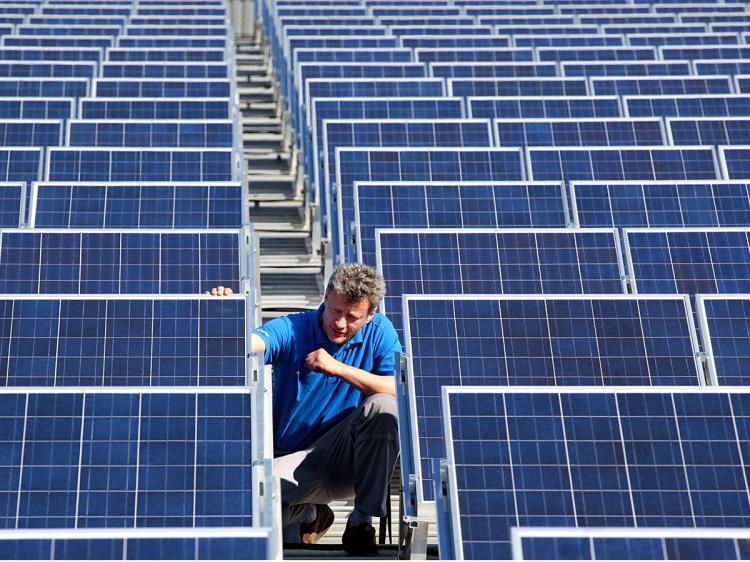Commentary
Kabuki theater is presentational, not representational. Audience members aren’t supposed to suspend disbelief, as with most Western theatrical formats, and immerse themselves in the story. Instead, Kabuki is all about staging, costumes, makeup, vocal intonations, and the actors’ well-practiced facial contortions.





